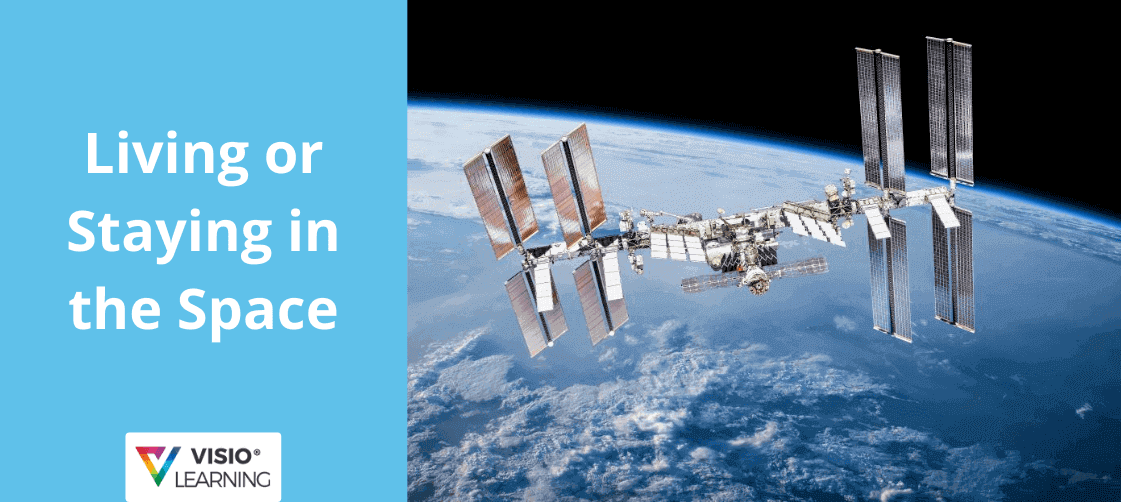
Female Astronaut Peggy Whitson ends record-shattering Space Mission by landing safely:
American biochemistry researcher and NASA astronaut Peggy Annette Whitson had beaten the earlier records of living in the space by spending 665 days or nine months. She had returned to the Earth on a Soyuz capsule in Kazakhstan on Sept. 3, 2017.
Journey into space- the Myth of Icarus and the reality:
Since the beginning of the human civilisation, people dreamed about the sky. They try to fly in the sky like a bird. The myth of Icarus and his master craftsman father Daedalus in Greek Mythology proves the human desire of flying. Icarus and Daedalus try to escape from the city Crete by the wings created from feather and wax. Though his father warned him not to fly too high or too low, Icarus ignored his father’s instruction and went close to the sun that causes the wax melted, and he falls into the sea and drowned.
Convert your dream into a reality – the dream of Jules Verne and H.G. Wells become true by three scholars.
As the time passes, you will find that the Chinese people used Rockets for their ceremonies and military purposes in the 13th century. However, in modern time the first space flight was conducted by three scientists: Konstantin Tsiolkovski, Robert Goddard, and Hermann Oberth. Tsiolkovski was a mathematics teacher at Borovsk where Robert Goddard received a doctorate in Physics at Clark University in 1909, and Hermann Oberth was a physicist and engineer. All of them were inspired by the science fiction of Jules Verne and H.G. Wells, especially by the book “By Rocket to Space” and “From the Earth to the Moon” and “War of the Worlds”. All of them have a strong foundation in math and physics. So, if you want to make a space flight, you should study math and science. The whole summary and evaluation of space flight is shortly summarised below
- 13th century: The first simple solid fuel rockets by the Chinese
- 1650: Invention of multi-stage: step-rockets’ by German Fireworks Johann Schmidlap
- 1686: Sir Isaac Newton publishes three laws of motion that also includes things – how rocket propulsion works.
- 18th: Russian and German scientists experiments rocket which weights 40 Kg.
- 1903: Konstantin Tsiolkovsky realises liquid propellants would give rockets the speed and range they would need to escape the Earth’s atmosphere
- 1926: American Robert Goddard designed the first successful flight of a liquid-propellant rocket
- 1942: Von Braun launched the first A4 rocket that rose only about 100 metres, then crashed into the sea.
- 1942: The third attempt by the team of Von Braun became successful. The alcohol or liquid oxygen propellant carried the A4 200km to strike the selected target.
- 1949: Soviet-designed rocket, R-2E was launched
- 1957: Soviet-Union sent the first satellite into orbit
- 1961: Russian cosmonaut Yuri Gagarin became the first human to travel into space on the Vostok 3KA-3 spacecraft
The journey continues.
Space Flight? What about Today?
In 1969, American Astronaut Neil Armstrong became the first person to step foot on the moon. Now, we have more than 1,459 satellites circling the Earth allowing us high speed and longer range TV and telephone calls. There are some 536 people from 38 countries have visited space.
Love for Another Star :
The day is not very far when people will start living on another planet. An automated motor vehicle was landed on Mars in 2012. Till then, human beings have sent four Rovers which is trying to find the evidence of animal existence. Maybe, one-day people will start living or going on vacation on Mars. Hopefully, day by day, people will invent more robust and speedy vehicle that will carry you to another star.
Want to be the next person to visit space or making new robust space flight?
If you want to be a part of space flight, you must have a strong foundation in mathematics and science. If you researched the history, you would find most of the people who contribute the area are from a science background. Visit Global Edulink and explore the courses and gain mastery over math and science.



0 responses on "Living or Staying in the Space"